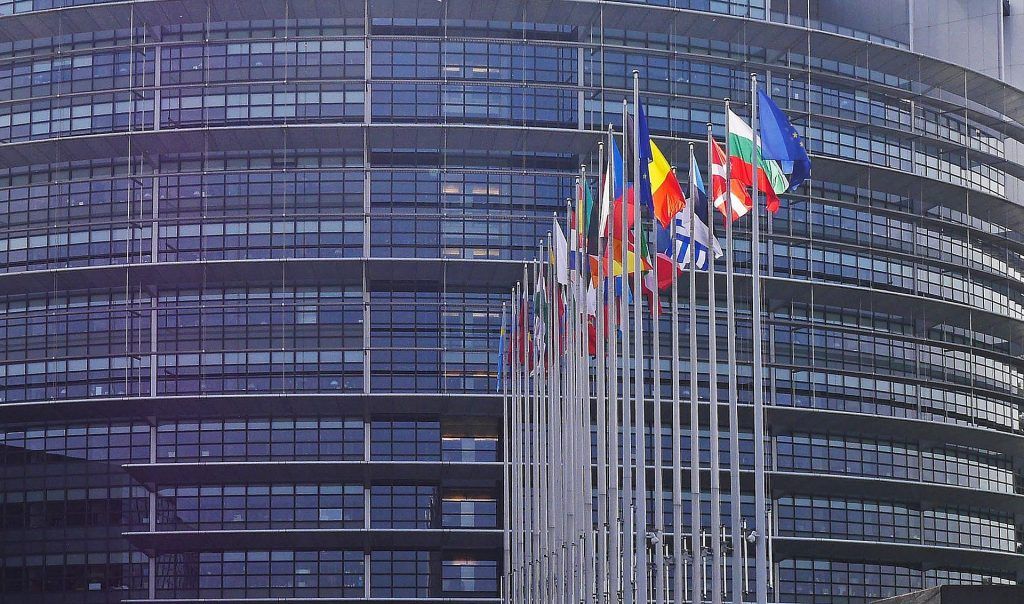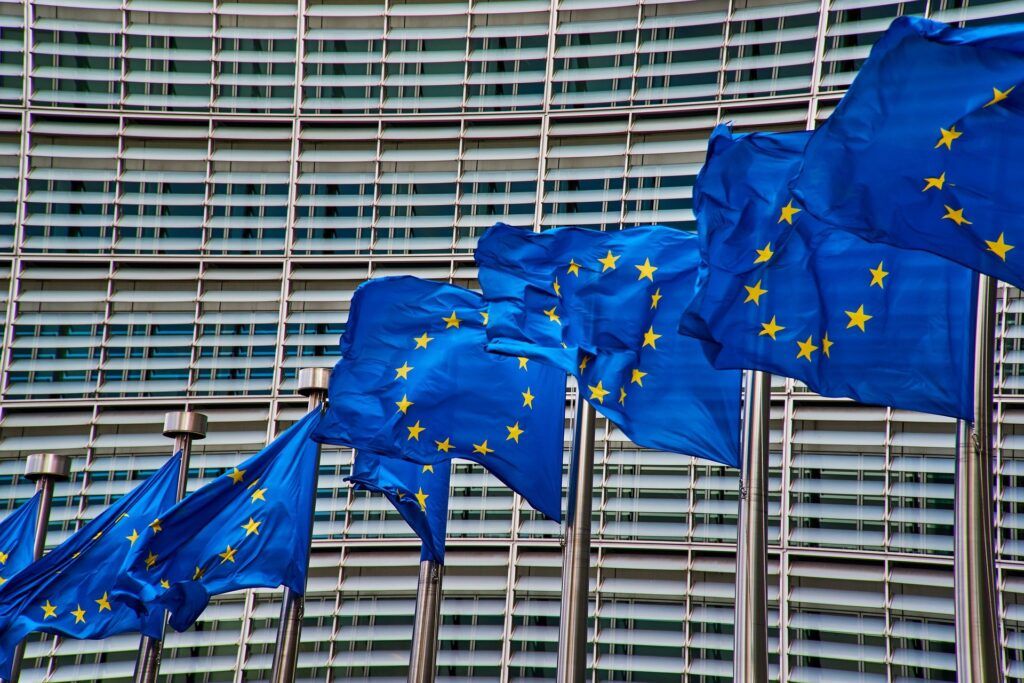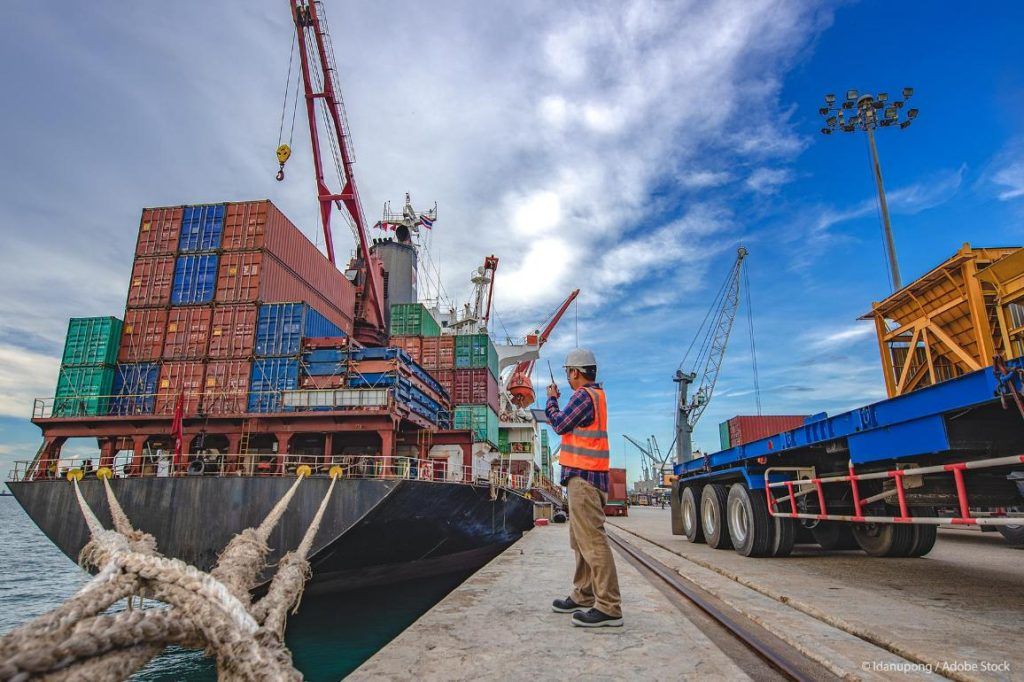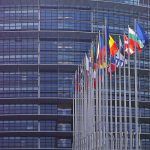Parliament is set to approve rules to counteract market-distorting foreign subsidies to companies operating in the EU.
Government financing of enterprises has been on the rise worldwide, in particular because of China’s growing role in the global economy.
Foreign subsidies can have a distortive effect on competitive markets. Parliament wants the European Commission to have the power to investigate and counteract market-distorting foreign subsidies granted to companies set to acquire EU businesses or take part in EU public procurement.
Foreign subsidies can be broadly defined as those granted by a government to a firm outside its territory or jurisdiction. The EU has become increasingly aware of the possible distortions of the single market and the uneven playing-field created by these subsidies.

Agreement on foreign subsidies: ensuring equal competition in the EU |
Fairer foreign financing
“If foreign companies want to take control of European companies or participate in European public procurement, the European Commission has to ensure that they operate under similar conditions as European companies that have to stick to a strict state aid regime,” said Christophe Hansen (EPP, Luxembourg), who is guiding the legislation through Parliament.
The new rules would enable the Commission to investigate and mitigate the effects of foreign subsidies, which can take the form of foreign capital injections, loans, fiscal incentives, tax exemptions and debt forgiveness. They would also allow the Commission to investigate foreign subsidies in mergers and acquisitions, as well as in bids in large public procurement procedures involving support from governments outside the EU, as the bidder would have to notify about external financial contributions.

Nueva herramienta para proteger el mercado interior frente a subvenciones extranjeras distorsionadoras
|
“We will fill this longstanding regulatory gap at last and take another step towards an open but fair market,” Hansen said.
The EU is a particularly open economy. It is one of the world’s largest trading blocs with 16% of global trade. Figures show that global foreign direct investment flows last year rose above pre-pandemic levels, with the largest sources of foreign direct investment flows coming from the US, Germany, Japan and China.
More information: European Parliament – Press Release







Leave a Reply